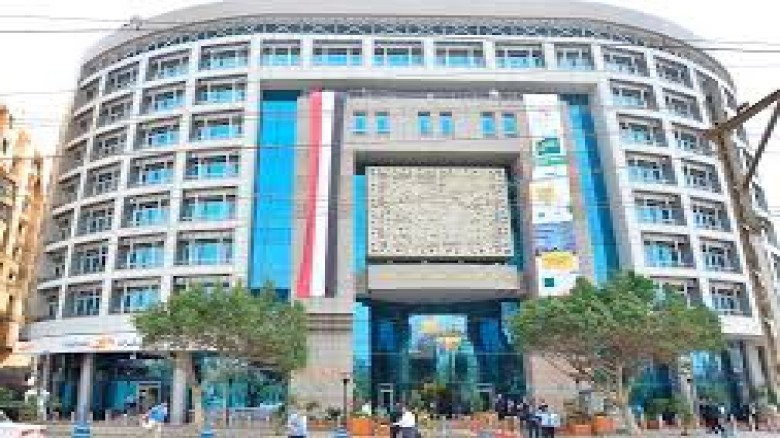Nigeria loses $1.1bn annually to medical tourism – Afreximbank
Nigeria is reportedly losing around $1.1 billion annually due to medical tourism, a situation that the African Export-Import Bank (Afreximbank) has identified as a significant loss to the nation's foreign exchange reserves and a considerable obstacle to the advancement of its healthcare sector.This information was presented by Afreximbank’s Director of Export Development, Mrs. Oluranti Doherty, during the Bank’s 32nd Annual Meetings held in Abuja on Thursday.
Doherty underscored the magnitude of capital flight, pointing out that Nigerians traveling abroad for medical treatment contribute to a continental annual loss of nearly $7 billion. “That’s funds flowing to other economies, enhancing their institutions, while our own health infrastructure lags behind,” she remarked.
She cautioned that this trend not only hampers economic development but also deters investment in local healthcare services and infrastructure. “Our dependence on foreign medical assistance is detrimental to us in numerous ways — from losses in foreign exchange to weakened healthcare systems.”
Alongside the financial consequences, Doherty highlighted the ongoing flight of skilled medical professionals from Africa. “We are losing many of our top healthcare talents to countries such as India, various Asian nations, the Middle East, and the U.S. This brain drain is a significant challenge.”
In response, Afreximbank initiated its Health and Medical Tourism Programme in 2012, with the goal of decreasing reliance on foreign medical care and redirecting investments into national healthcare.
One of the Bank’s major projects under this plan is the Africa Medical Center of Excellence in Abuja — a 170-bed facility outfitted with advanced medical technology, such as an 18 MeV cyclotron, a three-Tesla MRI, and a 20-bed intensive care unit. Afreximbank has pledged over $450 million to this endeavor.
“Afreximbank took bold steps where others hadn’t,” Doherty stated. “This initiative is not just about achieving African standards — it aims to meet global benchmarks and demonstrate that Africans can deliver world-class solutions.”
She stressed the necessity of restoring public trust in local health systems and advocated for policies that ensure quality healthcare is available domestically. “It’s time we trust our ability to care for our own population and establish systems that retain our resources and professionals here.”
























Leave A Comment